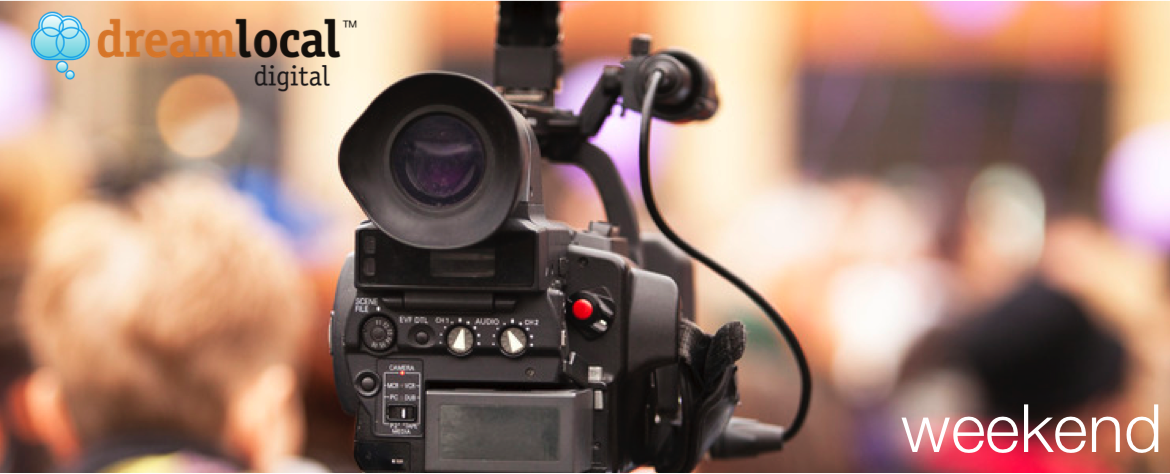
This Week’s Stories: media, tech, small biz, and culture
By Jeff Howland
The Internet is Being Protected by Two Guys Named Steve
by Chris Stokel-Walker, BuzzFeed
The Heartbleed bug put the spotlight on OpenSSL, the security toolkit used by many of the internet’s biggest sites and looked after primarily by two men who’ve never met in person. For the first time, Steve Marquess and Stephen Henson speak about how they became the overworked, underpaid stewards of our online security.
7 Things You Need to Stop Doing, To Be More Productive, Backed by Science
by CamMi Pham, Medium
There’s a notable distinction between being busy and being productive. Being busy doesn’t necessarily mean you’re being productive. Being productive is less about time management and more on managing your energy. It is the business of life. We need to learn how to spend the least amount of energy to get the most benefits.
How Efficiency Killed the Department Store
by Lisa Hix, Collectors Weekly
The once-vibrant shopping mall has one foot in the grave these days. About 20 percent of the 2,000 largest U.S. malls were failing in 2008, and by 2012, only 1,513 remained in operation. Current numbers predict more than 200 existing big malls will collapse in the next 10 years.
The Great Smartphone War
by Kurt Eichenwald, Vanity Fair
For three years, Apple and Samsung have clashed on a scale almost unprecedented in business history, their legal war costing more than a billion dollars and spanning four continents. Beginning with the super-secret project that created the iPhone and the late Steve Jobs’s fury when Samsung—an Apple supplier!—brought out a shockingly similar device, Kurt Eichenwald explores the Korean company’s record of patent infringement, among other ruthless business tactics, and explains why Apple might win the battles but still lose the war.
The Huffington Post, Nine Years On
by Joe Pompeo, Capital New York
Depending on whom you ask, The Huffington Post is either turning away from a relatively short-lived effort to pack the same heat as establishment media brands, or journalists recruited from establishment media brands ultimately didn’t adjust to the site’s continued growth and change. In either case, as The Huffington Post moves into the end of its first decade, it’s difficult not to see this moment as a test of its purpose and identity.
Interested in keeping up to date with the latest trends in social media? Contact Dream Local Digital today.
